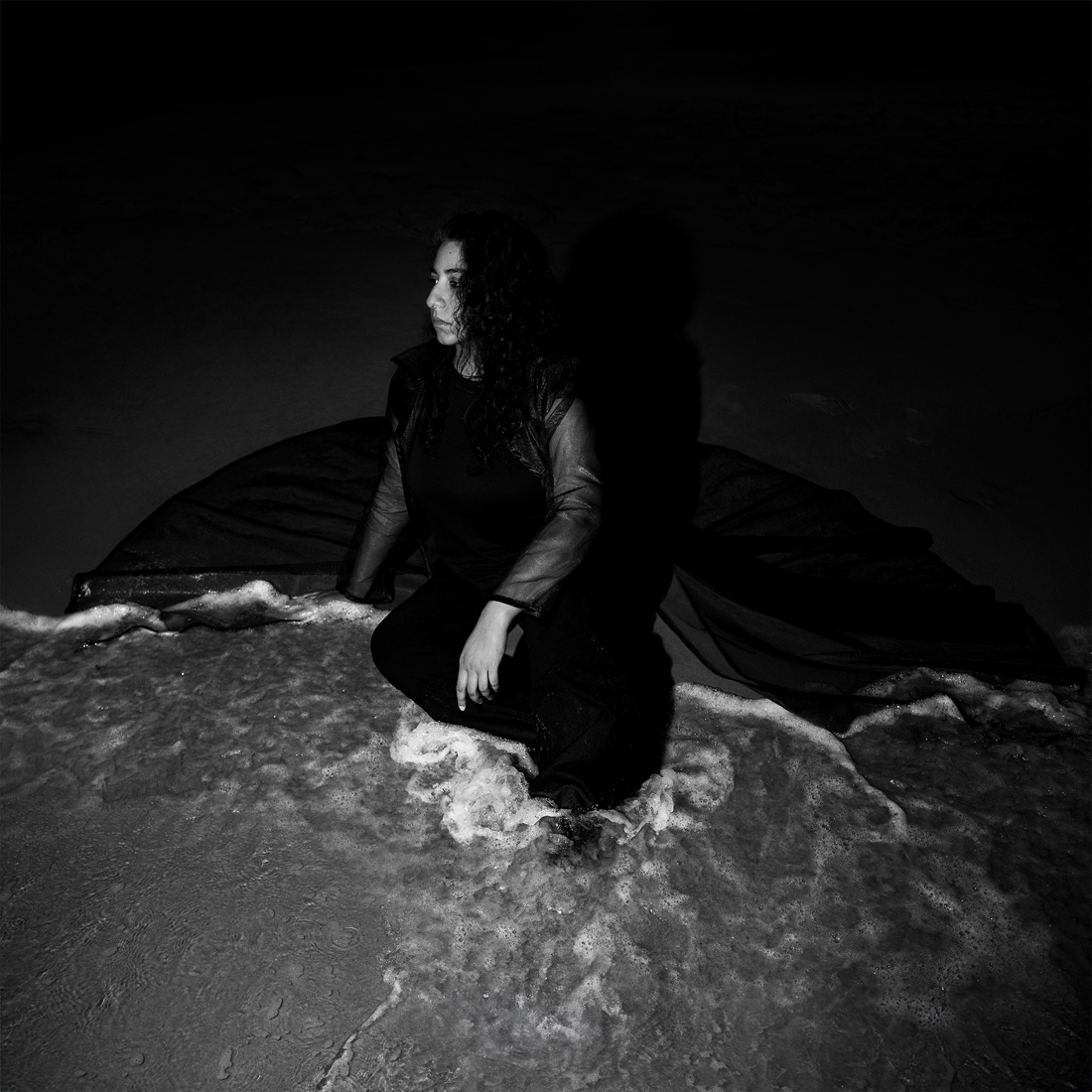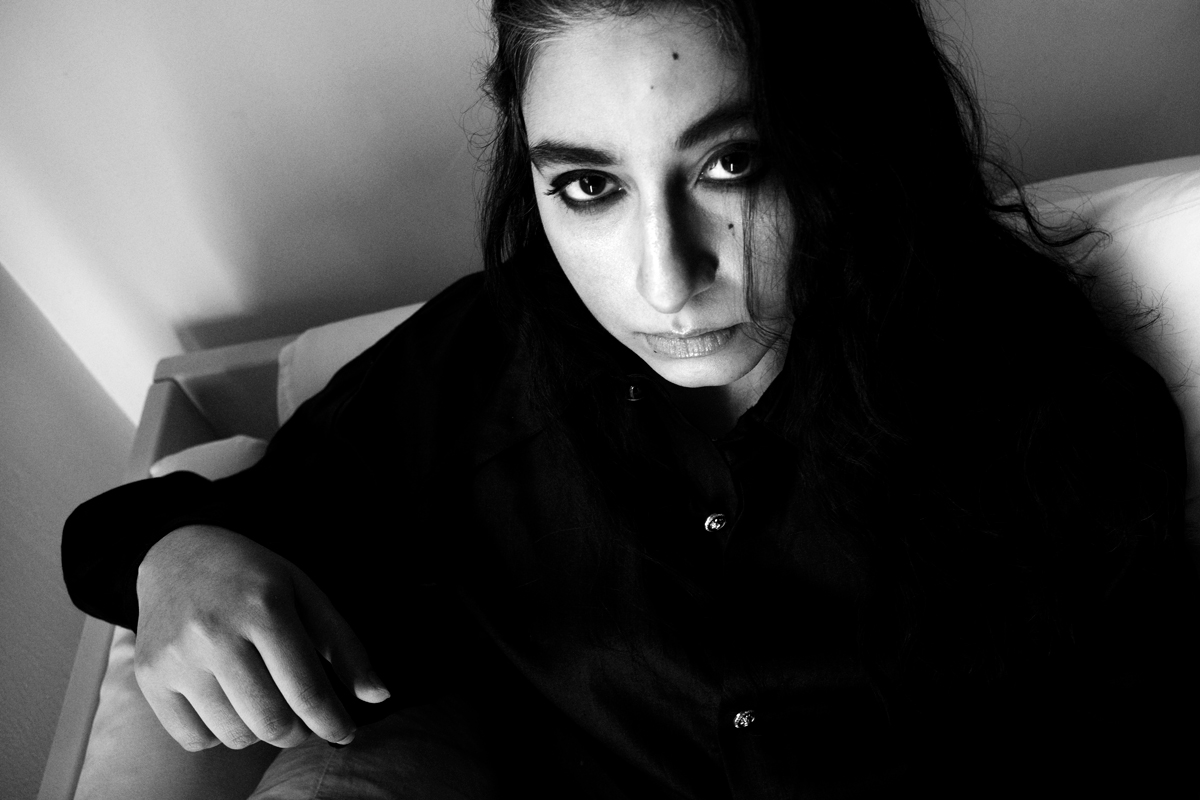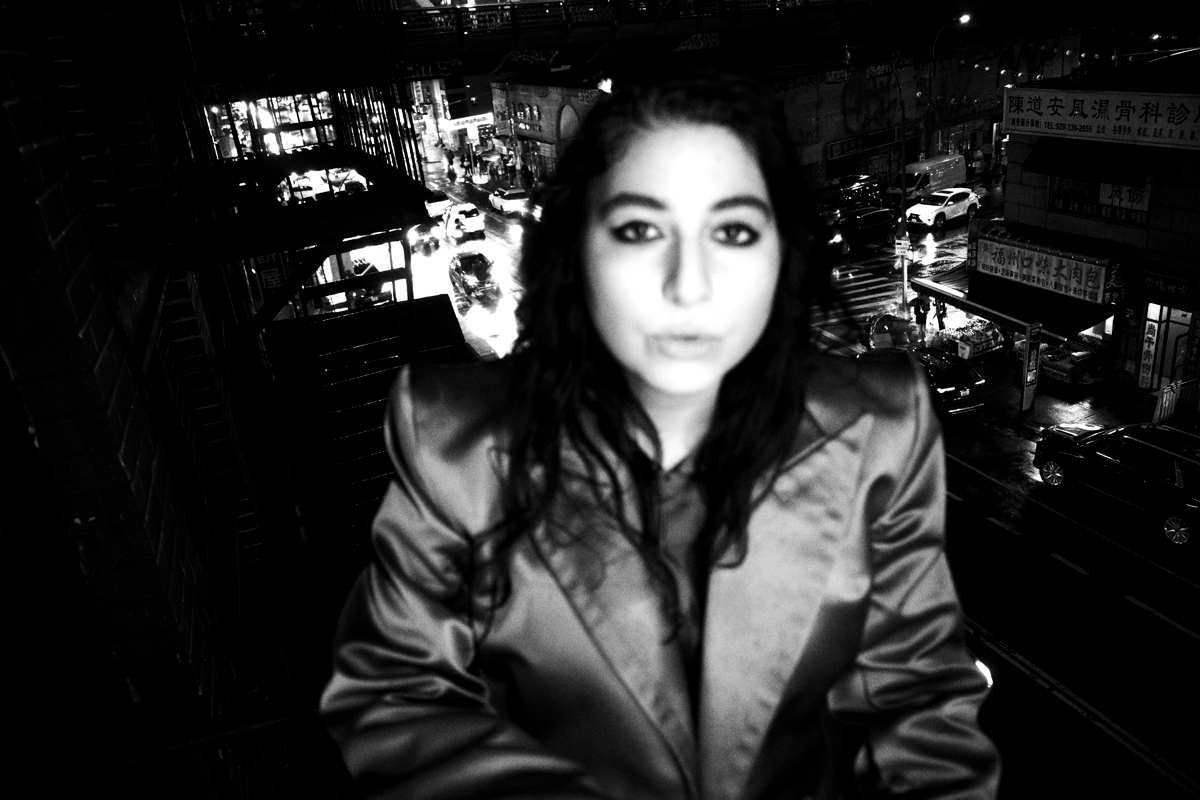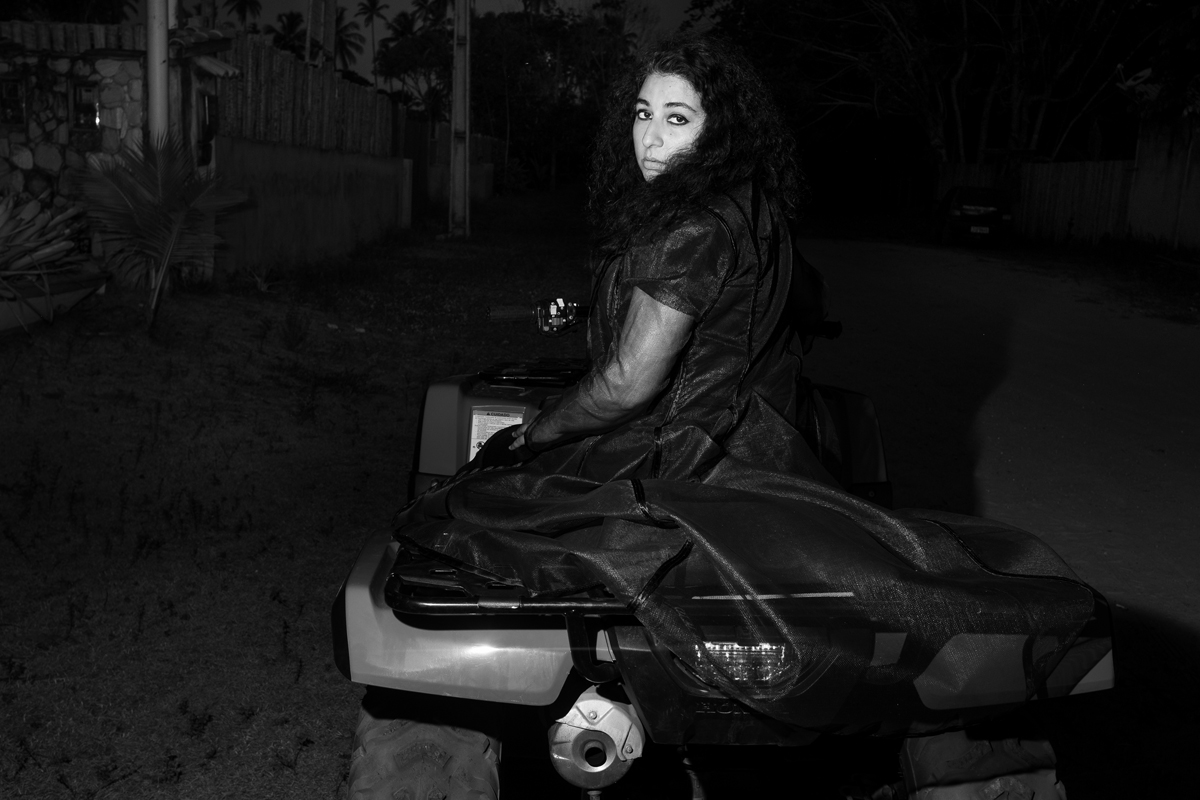 Geeta Dayal
Geeta Dayal
In the composer’s latest album, a slow-burning mélange of jazz standards and Urdu poetry.

Night Reign, by Arooj Aftab, Verve
• • •
Nightfall occupies a magical place in Urdu poetry. The moon has many different names in Urdu, and it acts as a multifaceted metaphor for everything from love and longing to solitude and purity. Night Reign, the atmospheric new record by the composer and vocalist Arooj Aftab, is a concept album for a nocturnal reverie. It is Aftab’s fifth studio album, following her recent collaboration with the pianist Vijay Iyer and the bassist Shahzad Ismaily in Love in Exile. Some of the songs on Night Reign connect romantic Urdu verses of the deep past to jazz and modern music. There are tracks in English, too, including a reworking of the standard “Autumn Leaves,” but the Urdu songs are the most enchanting.
Aftab was born in Saudi Arabia and grew up in Pakistan before moving to the US to attend music school. Her compositions are full of small and delicate details, involving many musicians and instruments, including piano, harp, strings, brass, guitar, synthesizer, and percussion. “I’m obsessive about how the instruments behave sonically with each other,” she said in a recent interview in Uncut. “That is something that is so part of my writing process, mostly because I chase this idea that the listener should be able to understand the message of the song without understanding the lyrics.”

Arooj Aftab. Photo: Shreya Dev Dube.
The lyrics in Urdu sound as familiar as they sound mysterious, like old memories through a thick haze. (Perhaps I am so transfixed by the words because I can partly decode them with my knowledge of Hindi; Hindi and Urdu share much of the same vocabulary, but they are different languages that diverge as much as they meet.) Aftab possesses a warm alto that lends itself well to the slow-burning ballads on Night Reign. She is inspired by jazz legends like Ella Fitzgerald and Billie Holiday, but her voice reminds me more of two of my favorite divas from the golden age of 1980s Bollywood pop and disco: Usha Uthup and Nazia Hassan. Aftab has the rich depth of Uthup and the radiant clarity of Hassan.
The album opener is “Aey Nahin,” with lyrics based on a poem by Aftab’s friend, the Pakistani actress Yasra Rizvi. The mood is calm and contemplative. An array of musicians—including Maeve Gilchrist on harp, Petros Kamplanis on upright bass, Gyan Riley and Kaki King on guitar, and Jamey Haddad on percussion—play an intricate repeating melody, reminiscent of an antique music box. Aftab’s voice swoops elegantly over the top, improvising over the melody without joining it.

Arooj Aftab. Photo: Shreya Dev Dube.
The next song, “Na Gul,” is the most spellbinding, and also one of the most conceptually challenging. Aftab was inspired by the eighteenth-century poet and courtesan Mah Laqa Bai Chanda, a pioneering woman author in South Asian history. To create the music, Aftab sang one of Chanda’s Urdu texts over a bed of wistful, melancholy jazz chords. It isn’t a straight reading of the text; Aftab jumps around, repeating the first two lines of the poem for dramatic and rhythmic effect (“Na gul se hai gharaz tere na hai gulzar se matlab / rakha chashm-e-nazar shabnam men apne yaar se matlab”) and skipping others before jumping to some phrases near the end. On paper, the song seems like it could be a high-concept mess—imagine the pitfalls of trying to sing an English poem from the 1700s—but it all flows naturally, a seamless and mesmerizing total synthesis. It gradually opens up and becomes brighter in affect, and denser in instrumentation. The overall effect is beautiful, like watching the sun rise through the clouds.
The stealthy track “Bolo Na” is also full of disparate components that somehow all hang together, underpinned by a slinky bassline. Aftab’s vocals seem to float ethereally over an intense spoken-word segment by Moor Mother. The track “Saaqi,” meanwhile, is a lush and meditative listen, with exquisite piano work by Iyer.

Arooj Aftab. Photo: Kate Sterlin.
Aftab’s sound takes an abrupt turn in “Raat Ki Rani,” which makes ample use of auto-tuned vocals. The title of the song translates to “queen of the night,” and is also the name for a fragrant night-blooming jasmine. The vibe is brooding and reflective, moving with a gentle shuffle. The quiet, sedate quality clashes with the style of auto-tune, which has a cartoonish, robotic sound when taken to extreme levels. While auto-tune works great for party music—from Cher to T-Pain—it doesn’t fit as well in Aftab’s delicate and introspective album. The auto-tune effect is especially stark when her voice slides up and down, and it feels like a distracting addition that doesn’t contribute depth or interest to the music.
The gorgeous closer, “Zameen,” is based on a song by Begum Akhtar, one of India’s most legendary female singers, born in 1914. It is yet another example of Aftab’s long reach into history, of how she selects inspirations unfamiliar to Western audiences and then breathes life into these vintage sounds. Aftab is creating novel discoveries for listeners in Pakistan and India, too, who are tuning into bygone music and poetry because of her, and finding it fresh and exciting. “People were still listening to U2 and the Eagles,” Aftab said of her peers in Pakistan in an interview in Tape Op. “I was listening to a lot of different music. I was definitely not limited to what was popular, or what everyone was listening to.” What is most remarkable, though, is Aftab’s ability to fashion these sounds of the past into a coherent and original aesthetic. In Night Reign, she is forging her own musical language, a style that breaks new ground from what came before.
Geeta Dayal is an arts critic and journalist specializing in twentieth-century music, culture, and technology. She has written extensively for frieze and many other publications, including the Guardian, Wired, the Wire, Bookforum, Slate, the Boston Globe, and Rolling Stone. She is the author of Another Green World (Bloomsbury, 2009), a book on Brian Eno, and is currently at work on a new book on music.